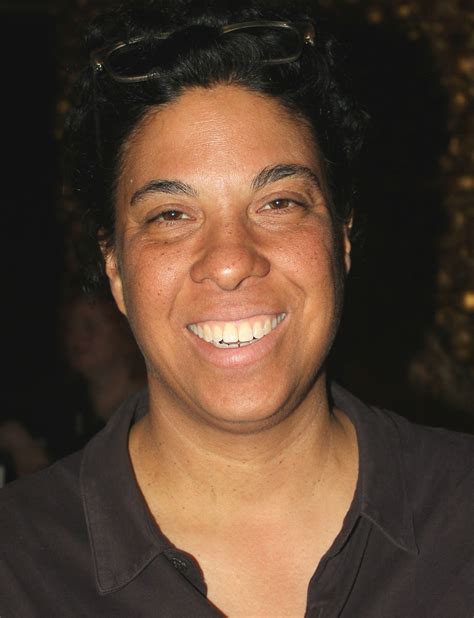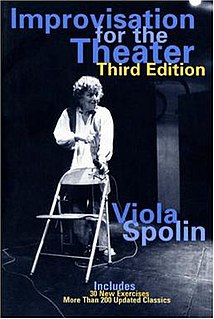A Quote by Jim Parsons
I've done so much theater, and yet I never had an experience like 'The Normal Heart.' We could feel the reaction of the audience every night. It was visceral.
Related Quotes
We played a show the other week at this festival and it was an audience that I'd never normally play in front of. That's one the greatest things about festivals: you don't always get your audience, you get people who just pop in out of curiosity. The reaction was amazing; there were people dancing, which we've never had, I guess because the message is pretty powerful and the performance is a lot more visceral than it has been previously. The audiences seem to be reacting to that really well and it's a wonderful thing, because at a performance you really bounce off your audience.
Obviously, when you're in theater, you have to be in character. You have to prepare for the unexpected. You have to be able to react to things that don't necessarily happen every night, or aren't supposed to happen every night. And you have to react to it in character. In six months, 192 shows, those things did happen. And the experience of that, the ability to stay in character, I feel like I've learned a great deal.
Men feel challenged when a woman is in danger, so those types of stories interest women and they interest men on a level that the crimes against men tend to draw a different visceral reaction. Again, not saying it's right, but they tend to draw a different visceral reaction, which is that the man was out in the world doing men stuff and something happened to him.
I'm not a huge fan of 3-D, though. Honestly, I think that movies are an immersive experience and an audience experience. There's nothing like seeing a film with 500 people in a theater. And there's something about putting on 3-D glasses that makes it a very singular experience for me. Suddenly I'm not connected to the audience anymore.
I know I can do so much more than this, I know that I could be a life force, could love with a heart full of soul, could feel with the power that flies men to the moon. I know that if I could just get out from under this depression, there is so much I could do besides cry in front of the TV on a Saturday night.
What I strive to do is to make the theater experience something that people remember and recall rather than dismiss because it was less like their everyday experiences. So, I'm less interested in internal emotionalism and much more in making the audience laugh and cry by the devices that we use as theater actors.




































